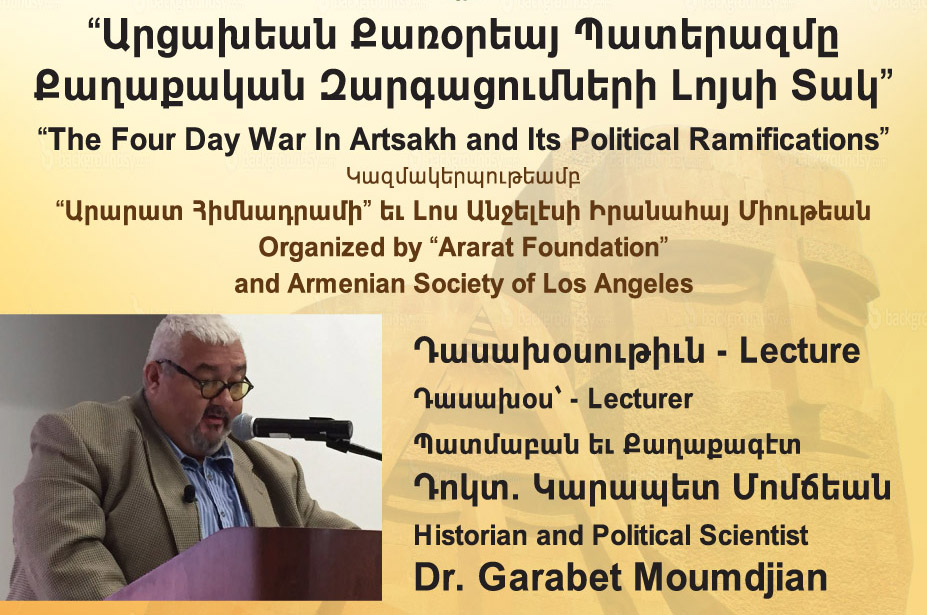YEREVAN — Armenian health authorities have reaffirmed plans to start vaccinating next month “high risk” groups of the country’s population against COVID-19.
According to a directive signed by Health Minister Anahit Avanesyan on Monday, the “first phase” of vaccination will cover medical workers, care home personnel, persons aged 65 and older as well as younger Armenians suffering from chronic diseases. Military and law-enforcement personnel, rescue and public transport workers, civil servants, schoolteachers and university lecturers will be the next to get vaccine shots free of charge.
Avanesyan gave no detailed timetables for the vaccination process when she spoke with journalists on Thursday. She said only that it will start in March.
Nor did Avanesyan specify how many Armenians will have access to free inoculation against the coronavirus. She indicated that many people not included in either “high risk” category will have to pay for their vaccination.
“The quantity of vaccines imported to Armenia will depend on a number of factors, including their price and the amount of money the state can allocate for their acquisition,” she said.
Gayane Sahakyan, the deputy director of the Armenian National Center for Disease Control, said last month that the authorities are planning to vaccinate only 10 percent of Armenia’s population.
Sahakyan said the first batch of a relatively cheap vaccine developed by the British company AstraZeneca and Oxford University will be delivered to the country soon. She said it will be supplied by the COVAX Facility global partnership supported by the World Health Organization.
Avanesyan stated early this month that the Armenian government would also like to buy Russia’s Sputnik V coronavirus vaccine and is negotiating with Moscow for that purpose. No contracts for its acquisition have been announced so far.
The minister said on Thursday that the health authorities have also approved the Pfizer-BioNTech vaccine. “It’s just that there are issues related to ensuring Pfizer’s storage temperature and they need to be solved,” she said.
“From the purely logistical standpoint, Sputnik V has some advantages,” Davit Melik-Nubaryan, a public health expert, told RFE/RL’s Armenian Service.
“For example, while Moderna and Pfizer vaccines require a special regime for storage and transportation, namely a very low temperature, and are very sensitive to shaking, there are no such requirements in the case of Sputnik V,” said Melik-Nubaryan. “For that reason, both Sputnik V and AstraZeneca will be easier to use in Armenia.”










